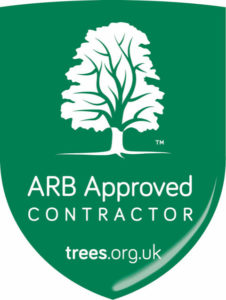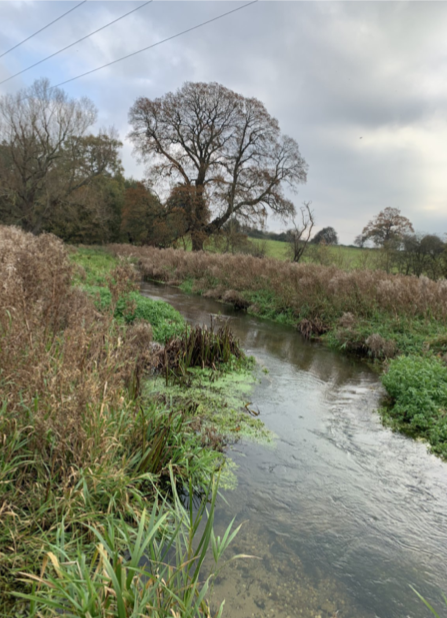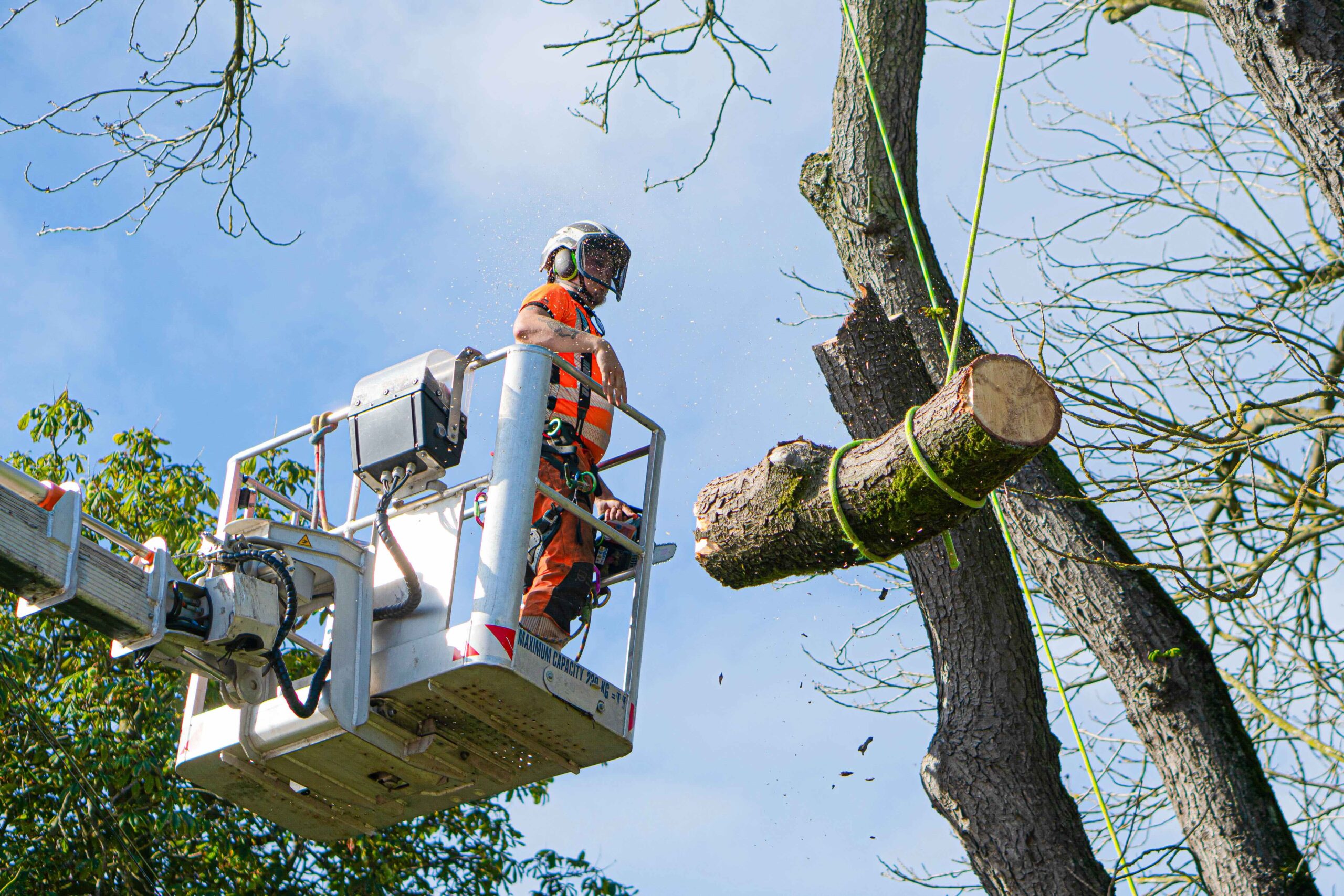What is the importance of conservation areas?
Conservation areas in particular are important in order to protect the amenity value of a place. For example, Local Planning Authorities are obliged to designate areas for conservation on their land that may have special architectural/ historical interest– where the preservation of the character/ appearance is seen as beneficial to the amenity value. This also introduces control over the demolition of the landscape, as the destruction
of natural habitat poses a threat to wildlife.
Where are conservation areas usually designated?
Conservation areas widely vary in character; dependent upon their designation by the local authority. The character of a conservation area doesn’t originate from the quality of the buildings, it originates from the elements of historic road layouts and pathways to the characteristics of housing estates and the general features of the local environment. However, these specific conservation areas can be designated over historic cities, towns and villages as well as country estates and historic parks.
To protect wildlife…
Conservation areas are important in order to protect wildlife and to promote the biodiversity of the area. They also provide support in maintaining healthy and functional ecosystems.




